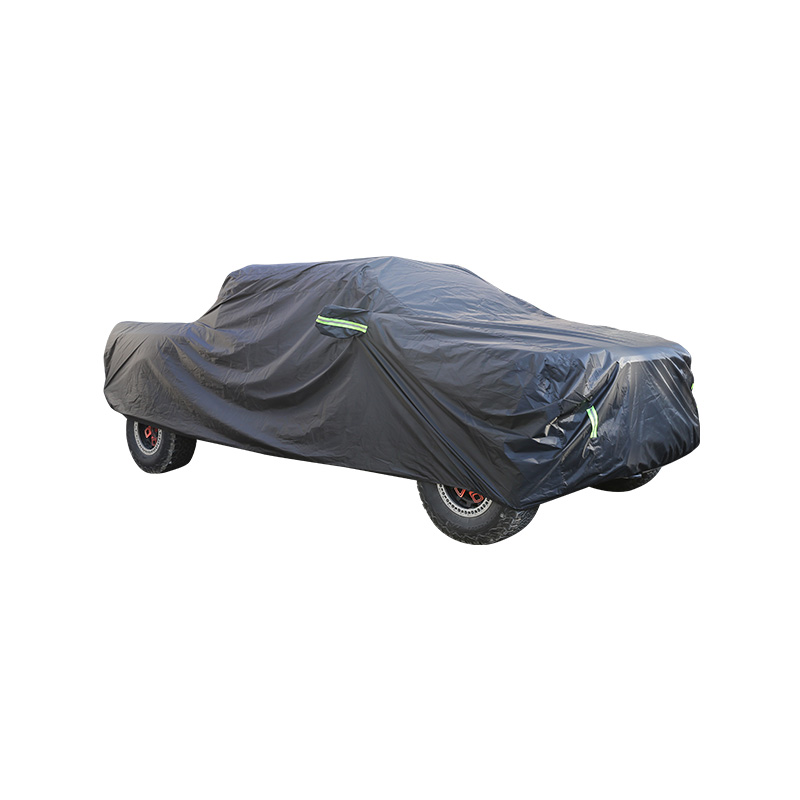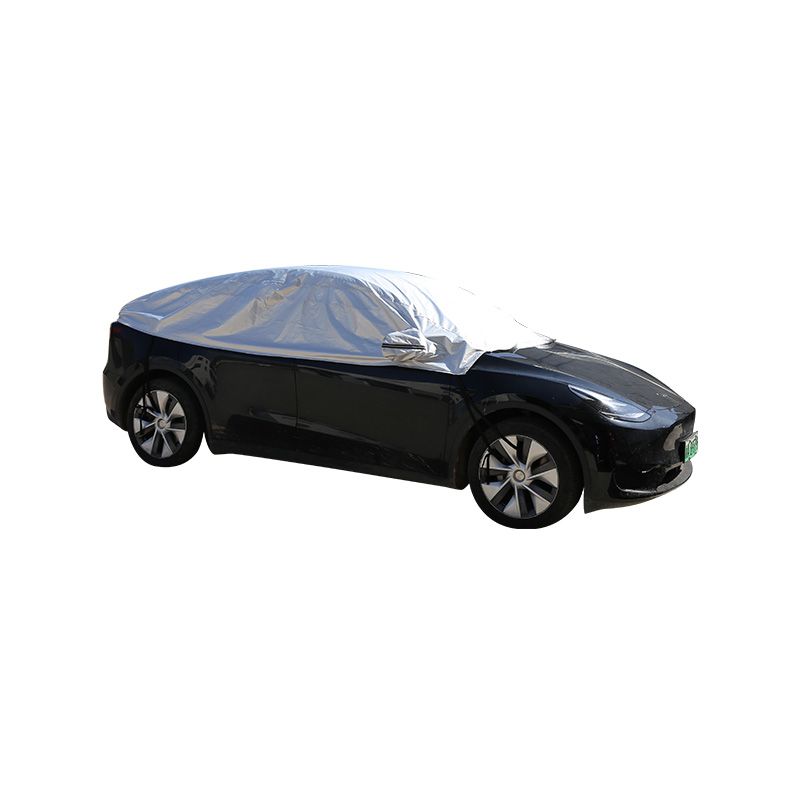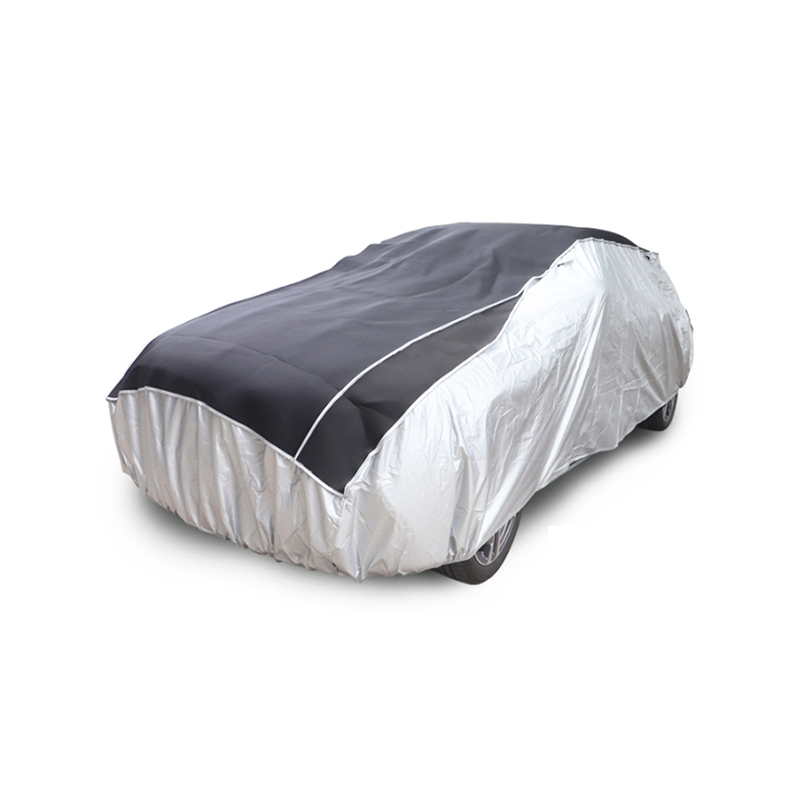The humble car cushion has evolved into a sophisticated automotive accessory, offering drivers and passengers relief from discomfort during short errands and long road trips alike. These supportive seat additions now incorporate advanced materials and ergonomic designs that address various physical needs while adapting to different vehicle interiors. The growing car cushion market reflects increasing awareness about the importance of proper posture and pressure relief while spending extended periods behind the wheel.
Modern car cushion designs go beyond basic padding to provide targeted support for different body types and seating preferences. Memory foam versions contour to individual shapes while maintaining support on lengthy drives, and gel-infused options help regulate temperature during summer months. Some premium car cushions feature adjustable lumbar support that allows users to customize firmness levels, addressing one of the lots of common complaints about factory car seats. These innovations have transformed simple seat pads into legitimate comfort solutions for daily commuters and professional drivers.
Health professionals have noted the benefits of quality car cushions for preventing back pain and improving circulation. Orthopedically designed models help maintain proper spinal alignment, reducing strain on vertebrae during hours of driving. Some therapeutic car cushions incorporate special cutouts or pressure-relief channels that less discomfort for people with existing back conditions or those recovering from injuries. The medical community increasingly views appropriate car cushions as valuable tools for maintaining musculoskeletal health, particularly for individuals who spend significant time in vehicles for work or travel.
The materials used in premium car cushions have advanced significantly in recent years. Breathable mesh fabrics prevent heat buildup, while moisture-wicking covers keep seats dry in humid conditions. Many manufacturers now use hypoallergenic, antimicrobial fabrics that resist odor-causing bacteria—a particularly valuable feature for rideshare drivers and commercial vehicle operators. Some innovative car cushions incorporate phase-change materials that actively regulate surface temperature, keeping seats comfortably cool in summer and warm in winter without requiring power sources.
Customization options have expanded the appeal of car cushions to diverse user groups. Pet owners can find waterproof versions that protect seats from animal accidents, while parents appreciate easily washable models that withstand child-related spills. Truck drivers often select extra-thick car cushions designed for prolonged sitting, and luxury vehicle owners can find premium leather options that match factory interiors. This specialization allows the car cushion market to serve nearly every type of driver with tailored solutions for their specific needs.
Safety considerations have influenced recent car cushion designs to ensure they don't interfere with vehicle protections. Many manufacturers now test their products to confirm they won't impede seatbelt functionality or airbag deployment. Non-slip bottoms prevent shifting during sudden stops, and low-profile designs maintain proper sightlines for shorter drivers. These safety-conscious improvements address previous concerns about aftermarket seat accessories while preserving the comfort benefits that make car cushions popular.
From basic seat protectors to advanced ergonomic aids, car cushions have become valuable additions to vehicles of all types. Their ability to address specific comfort needs while adapting to various lifestyles and interior designs explains their growing popularity. As awareness increases about the importance of proper support during extended driving, the car cushion market appears positioned for continued innovation and broader adoption in coming years. These unassuming accessories demonstrate how thoughtful product design can significantly improve daily experiences behind the wheel.
 English
English 中文简体
中文简体 Español
Español

 View More >>
View More >> View More >>
View More >> View More >>
View More >> View More >>
View More >> View More >>
View More >> View More >>
View More >>